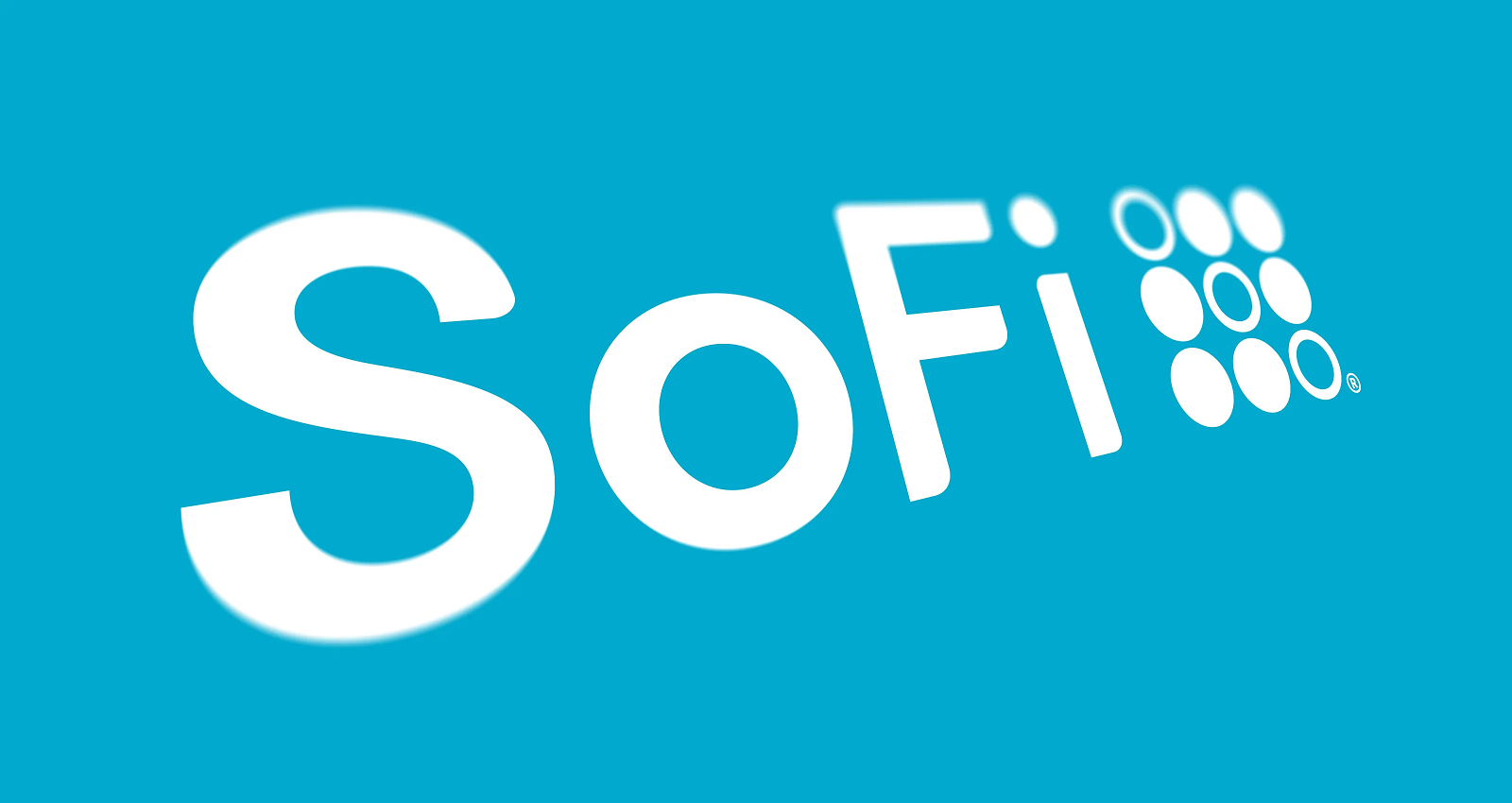SoFi Bank Launches Crypto Trading with Bitcoin, Ethereum, and Solana

SoFi Technologies, recognized as the largest online lender in the United States, unveiled SoFi Crypto on Tuesday, positioning itself as the first nationally chartered bank to provide cryptocurrency trading services to everyday consumers. This new feature integrates directly into the company's existing mobile app, allowing users to purchase digital assets straight from their FDIC-insured checking or savings accounts. By eliminating the need to transfer funds to external platforms, SoFi aims to simplify the process for those new to crypto while keeping all financial activities in one place.
The platform supports buying, selling, and holding a range of cryptocurrencies, including major ones like Bitcoin, Ethereum, and Solana. SoFi emphasizes that while traditional banking elements remain protected by FDIC insurance, the cryptocurrencies themselves carry the inherent risks typical of digital assets. To support users, the app includes built-in educational resources and guided tutorials designed to demystify crypto for beginners.
Stay In The Loop and Never Miss Important Crypto News
Sign up and be the first to know when we publishExpanding Access Through Existing Banking Infrastructure
SoFi's history with cryptocurrency dates back to 2019, when it first introduced trading options through a collaboration with Coinbase, though that partnership paused in 2023. This latest rollout announced today, marks the company's inaugural fully integrated crypto service following its acquisition of a national bank charter. The phased launch begins immediately, with broader availability rolling out to members over the next few weeks.
Anthony Noto, CEO of SoFi, highlighted the significance of this development during the announcement. He described it as a key step in blending traditional banking with blockchain innovation, ultimately aiming to streamline global finance. Noto pointed to the potential for faster, more cost-effective money transfers and enhanced tools for borrowing, investing, spending, and saving.
A recent survey by SoFi claims that 60% of its crypto-owning members would opt to manage their holdings through a licensed bank rather than a standalone exchange. This preference stems from the appeal of institutional-grade security measures and regulatory compliance that SoFi upholds. Such factors could draw more mainstream users into the crypto space, particularly those already comfortable with the company's banking and lending products.
Looking ahead, SoFi plans to weave blockchain deeper into its ecosystem. Initiatives include crypto-facilitated international remittances and the development of a U.S. dollar-backed stablecoin. The company also intends to incorporate crypto assets into its lending and payment systems, potentially lowering costs for loans and accelerating transaction speeds.
This move aligns with SoFi's overarching goal of empowering members to manage their finances more effectively. By centralizing crypto alongside conventional services, the platform fosters a unified experience that could reshape how Americans interact with digital currencies. As adoption grows, SoFi's approach may set a precedent for other financial institutions navigating the intersection of legacy banking and emerging technologies.
More Bitcoin and Crypto News:
- Zano Price Surge Marks Breakout Moment In Privacy Coin Sector
- Elon Musks Xai Partners With Kalshi To Bring AI To Prediction Markets
- Litecoins Early Days Under Charlie Lee And Wash Trading Allegations
- Bitcoins Future Utility Czs Vision At Bitcoin Mena Conference
- How Fetch AI Is Shaping The Future Of Decentralized Ai

